Bitcoin soaring past $50K without retail FOMO and high leverage is good for BTC
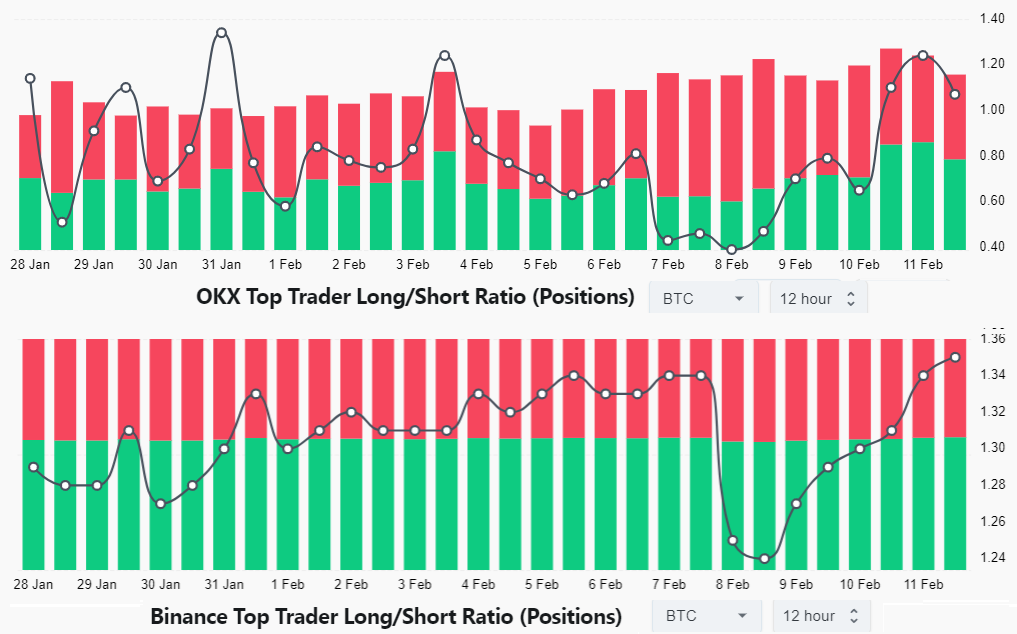
Bitcoin price rallies above $50,300 in the absence of retail trader FOMO and the use of high leverage. Cointelegraph explains why this is important.

Bitcoin price increased by 17.5% over the past seven days and traded above $50,000 for the first time since December 2021. Feb. 12’s Bitcoin price action can be partially attributed to inflows to spot Bitcoin exchange-traded fund (ETF) funds, which began trading on Jan. 11, but are the current inflows strong enough to justify further Bitcoin (BTC) gains above $50,000?
The world’s largest mutual fund managers — including BlackRock, Fidelity and ARK 21Shares — have successfully launched spot Bitcoin ETFs, and the instruments surpassed $10 billion in assets in less than a month. Over the next couple of months, spot Bitcoin ETF inflows are expected to increase as trading firms complete their due diligence on the newly launched investment vehicles
With Bitcoin hitting new multiyear highs, let’s take a look at how retail investors feel about the crypto and macro markets on Feb. 12.
Retail traders keep an eye on macro and crypto
Traders’ focus remains on the macroeconomic scenario after the S&P 500 closed above 5,000 points on Feb. 9 for the first time in history, following a 13.9% gain in three months. The bullish momentum might temporarily pause as investors analyze a handful of companies expected to report quarterly numbers this week, including Coca-Cola, Airbnb, Coinbase and DoorDash.
United States inflation Consumer Price Index data is also due on Feb. 13 and will guide the U.S. Federal Reserve’s interest rate path. The market consensus points to multiple cuts from the current 5.25% level, which could incentivize investors to move away from fixed-income assets.
However, there’s no guarantee that a migration to risk-on assets would benefit cryptocurrencies. For instance, Google searches for the phrase “buy Bitcoin” have been stagnant for the past couple of weeks, indicating that the asset might be distant from garnering mainstream attention despite easier access through spot ETFs.

Data suggests that retail traders typically lag behind bull runs, usually entering the cycle a couple of days or weeks after major price milestones. However, other metrics, such as the demand for stablecoins in China, show no increase in retail trader activity. Excessive retail demand for cryptocurrencies typically causes the stablecoin premium to soar above 1.5%, while bear markets lead to a discount.

Presently, the USD Coin (USDC) stablecoin is trading above the official U.S. dollar currency, sustaining a 1% premium for the past four weeks. Bulls could interpret the lack of excitement as a positive indicator, meaning the typical FOMO — fear of missing out — behavior seen from retail investors has yet to be seen.
Bitcoin pro traders recently added to their leveraged longs
The long-to-short net ratio of top traders accounts for other factors that may have solely affected the stablecoin markets. Analysts can better gauge whether whales and arbitrage desks are leaning bullish or bearish by consolidating positions across spot, perpetual and quarterly futures contracts.

At Binance, the long-to-short ratio of top traders now stands at 1.35, up from 1.24 on Feb. 9, indicating that whales and arbitrage desks have increased their leverage longs despite the 14% weekly gains. Meanwhile, top traders at OKX shifted from a 0.46 ratio, favoring shorts, to the current 1.07 long-to-short ratio on Feb. 12. Essentially, investors at OKX were initially betting against a rally above $45,000 but quickly changed their stance to a bullish outlook.
Related: Bitcoin hits $50K for first time since December 2021
Data from professional Bitcoin long-to-short traders suggest confidence after BTC broke above $49,000 on Feb. 12, making it highly positive. While macroeconomic uncertainty and weakness in Chinese real estate markets may pose short-term risks for Bitcoin’s price, they also open the door for investors seeking alternative investments to protect against inflationary pressure.
The sustainable path above $50,000 has occurred in the absence of excessive leverage and FOMO from retail investors. However, the rally also hinges on the continued absorption of inflows by spot Bitcoin ETFs.

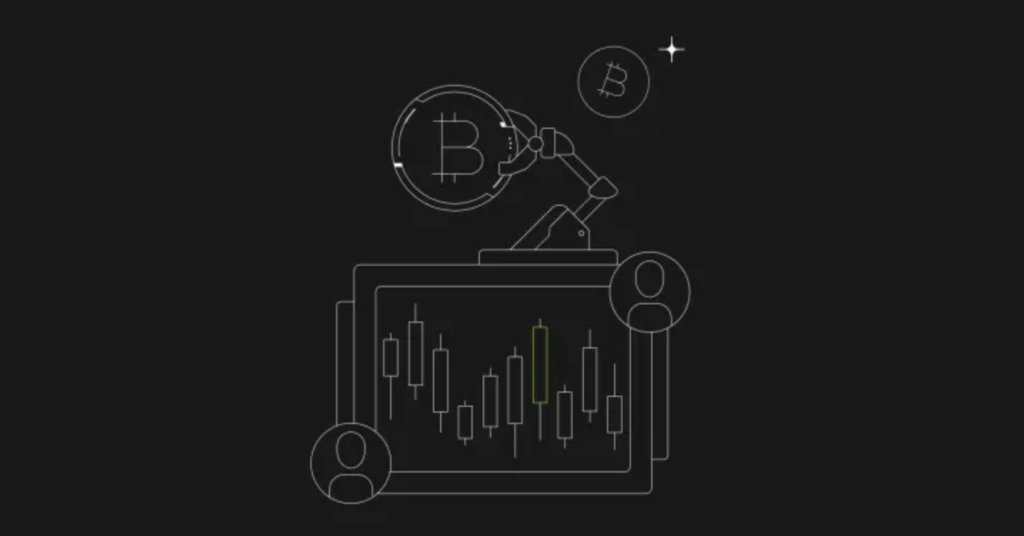

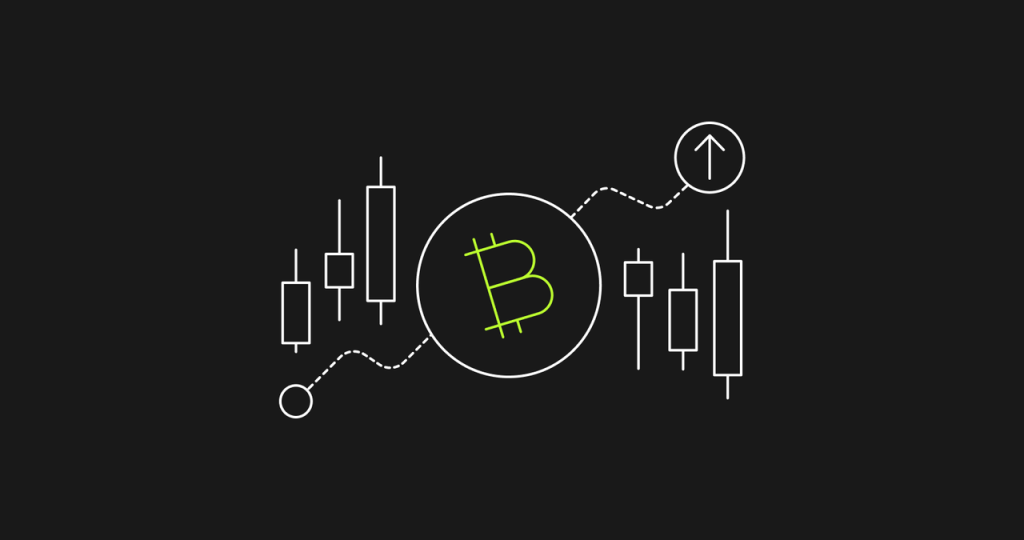
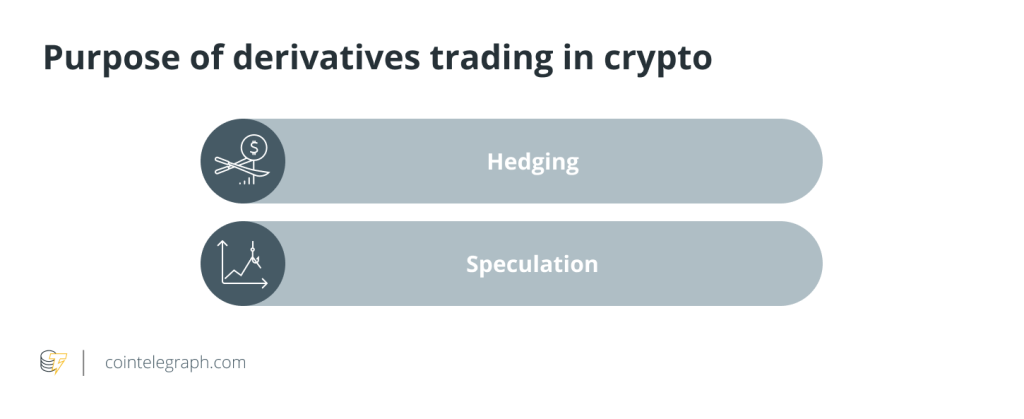
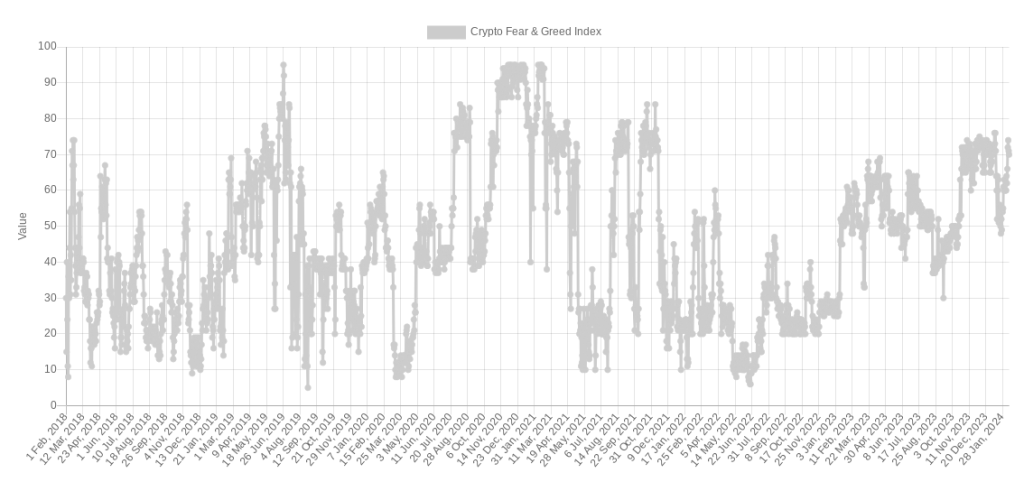
… [Trackback]
[…] Read More on on that Topic: x.superex.com/academys/markets/4361/ […]
… [Trackback]
[…] There you will find 94965 more Info to that Topic: x.superex.com/academys/markets/4361/ […]
… [Trackback]
[…] Find More to that Topic: x.superex.com/academys/markets/4361/ […]
… [Trackback]
[…] Information to that Topic: x.superex.com/academys/markets/4361/ […]
… [Trackback]
[…] Find More on that Topic: x.superex.com/academys/markets/4361/ […]
… [Trackback]
[…] There you can find 91339 additional Information to that Topic: x.superex.com/academys/markets/4361/ […]
… [Trackback]
[…] Read More Info here to that Topic: x.superex.com/academys/markets/4361/ […]
… [Trackback]
[…] Read More here on that Topic: x.superex.com/academys/markets/4361/ […]
… [Trackback]
[…] Find More Information here to that Topic: x.superex.com/academys/markets/4361/ […]
… [Trackback]
[…] There you can find 28239 additional Info to that Topic: x.superex.com/academys/markets/4361/ […]
… [Trackback]
[…] There you can find 5050 more Info to that Topic: x.superex.com/academys/markets/4361/ […]
… [Trackback]
[…] Info to that Topic: x.superex.com/academys/markets/4361/ […]
… [Trackback]
[…] Find More here on that Topic: x.superex.com/academys/markets/4361/ […]
… [Trackback]
[…] Information on that Topic: x.superex.com/academys/markets/4361/ […]
… [Trackback]
[…] Find More to that Topic: x.superex.com/academys/markets/4361/ […]
… [Trackback]
[…] Read More to that Topic: x.superex.com/academys/markets/4361/ […]
… [Trackback]
[…] Read More Information here to that Topic: x.superex.com/academys/markets/4361/ […]
… [Trackback]
[…] Info on that Topic: x.superex.com/academys/markets/4361/ […]
… [Trackback]
[…] Info on that Topic: x.superex.com/academys/markets/4361/ […]